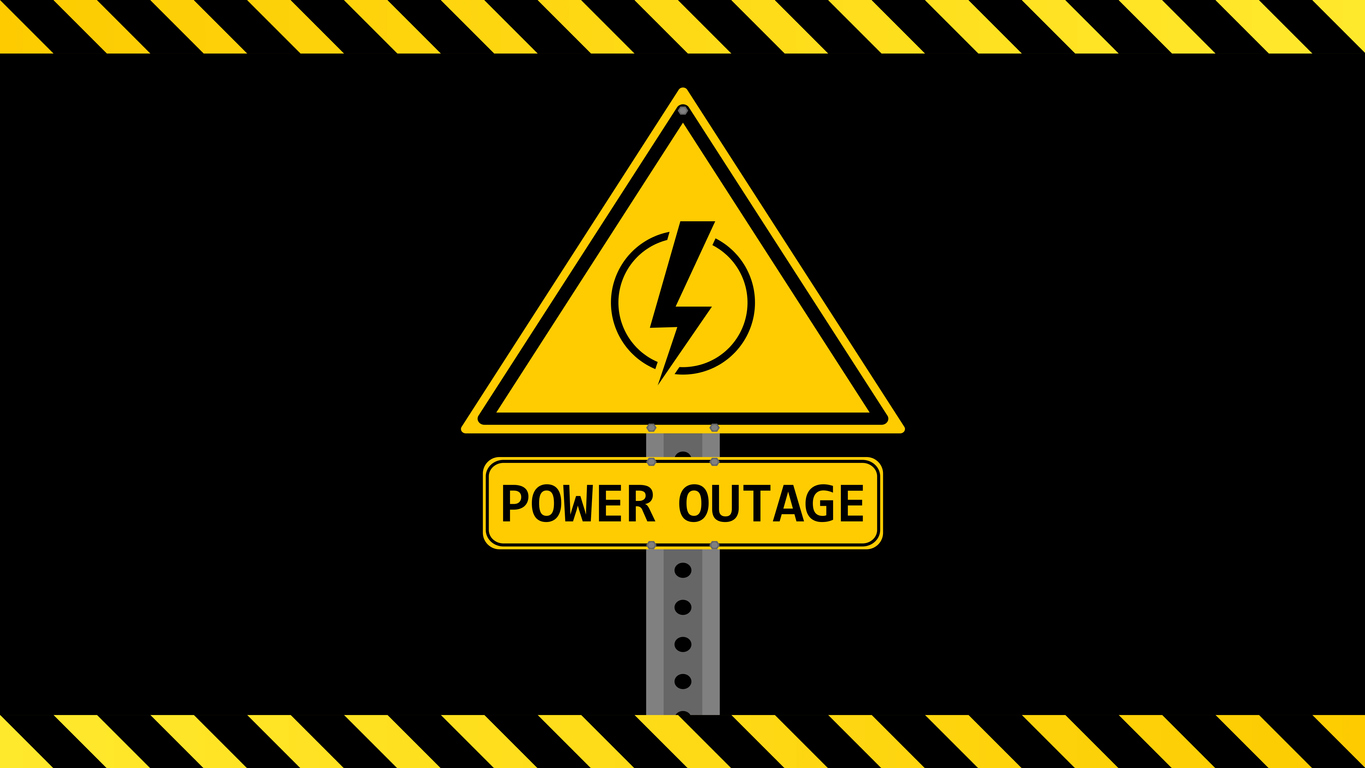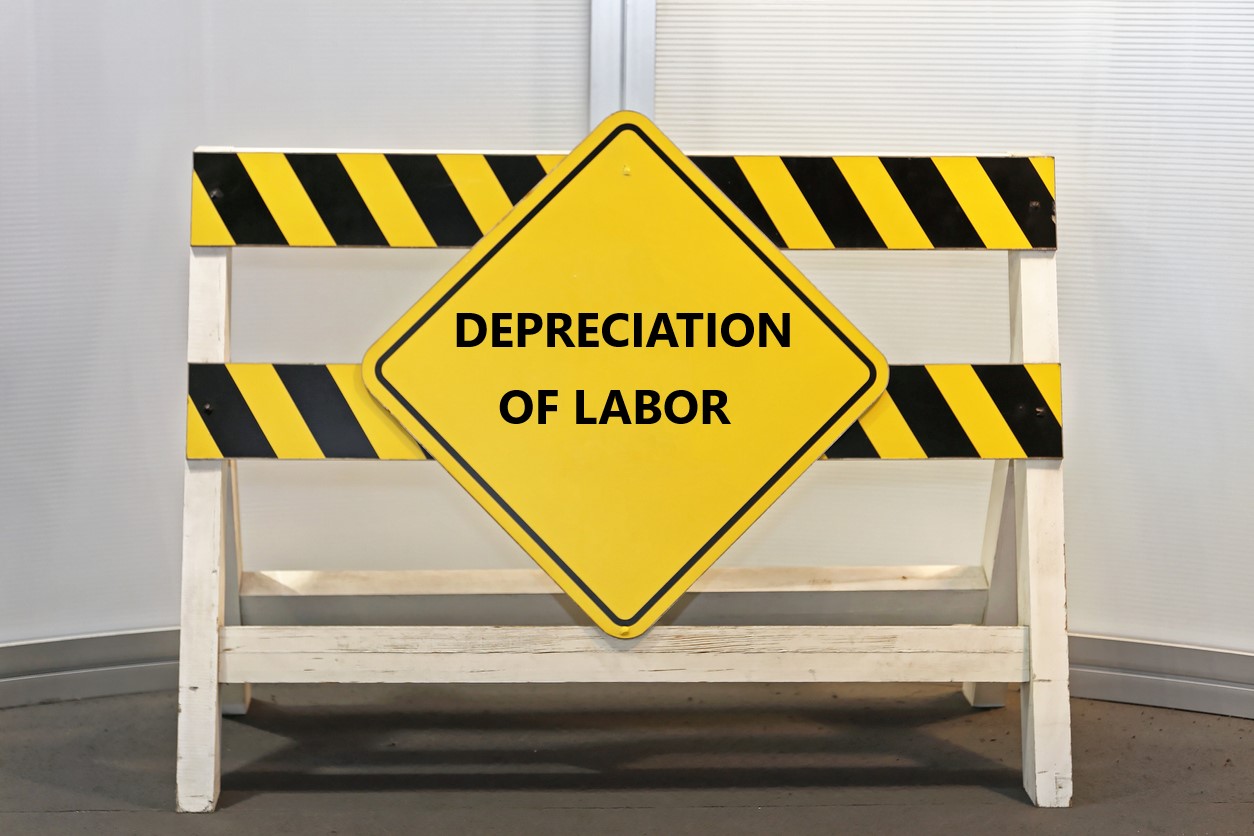It has been a chilling sight over the past week in Texas. While not going into work may seem cool, it was the cold that kept everyone from going anywhere. It all started in my hometown of Fort Worth, Texas. At least six people died and dozens were taken to hospitals after an accident involving more than 100 vehicles on a Fort Worth interstate. A pileup that was the most staggering of the crashes that dotted ice-slicked roads across the Dallas-Fort Worth metroplex.1
Little did anyone know this horrifying event was just the beginning of what Texans across the state would have to endure. This weather caused us to witness lines at HEB that wrapped around the buildings while people patiently waited for water to drink, sliding cars all over the roads, and many deaths related to carbon monoxide poisoning and freezing temperatures.
Before attending law school, I worked as an engineering operator for a power generation company. We worked very closely with all of the entities across the country responsible for the administration of electricity. We would work closely with them to provide power through various energy portfolios, whether it be oil & gas, nuclear, or renewables like solar and wind.
The winter storm that left millions of Texans without power and water this past week is expected to generate the most insurance claims stemming from a single event in state history, experts say, and to test a court system already burdened by a civil litigation backlog caused by COVID-19 delays and restrictions. Now that I am on the other side, all of this got me wondering what the liability of this damage would potentially look like for these companies, specifically the ones responsible for forecasting the energy demand in times of abnormal weather.
There are a total of eight reliability regions in the continental United States, and each of these regions is subject to the oversight and enforcement authority of the North American Electric Reliability Corporation (NERC). NERC is responsible for developing standards to ensure and improve reliability for the delivery of electricity on the bulk power system. Furthermore, NERC is subject to the Federal Energy Regulatory Commission’s (FERC) oversight. FERC works to assist consumers in obtaining reliable, efficient and sustainable energy services at a reasonable cost through appropriate regulatory and market means.2
There are four separate entities responsible for managing the delivery of electric power to Texas consumers:
- Electric Reliability Council of Texas (ERCOT) – which covers approximately 75 percent of the land area in Texas and represents about 90 percent of the state’s electric load
- Midcontinent Independent System Operator (MISO) – which has a presence in east Texas
- Southwest Power Pool (SPP) – which covers the panhandle and the northeast corner of Texas; and
- Western Electricity Coordinating Council (WECC) – which provides for the western most part of the State
ERCOT is responsible for operating the grid. The massive winter storm caused the state’s grid operator to implement rolling blackouts, known as load shedding, to avoid catastrophic system collapse after a significant portion of generating units were forced offline. The generators that are usually online to ensure we do not suffer from a blackout were frozen. Most of that power comes from natural gas. When the winter storm rolled through, natural gas pipelines were clogged by ice or disabled by losing power, and demand spiked at the same time. Wind turbines routinely freeze in cold weather and are unable to operate in times when the wind resource is at its highest, therefore not capturing the “fuel” when we need it the most. Widespread property damage, forced business closures, individual injuries and deaths followed.3
Because the Texas grid isn’t linked to a national one, it was unable to import extra power, according to the Washington Post. Critics, including certain Texas leaders, claim ERCOT was not prepared despite knowing the storm was coming and has not invested enough in weather-proofing infrastructure. The severe weather initially left an estimated four million homes without power by Tuesday morning, according to the Texas Tribune, killing at least ten. The cold front that swept across Texas brought with it two to nine inches of snow and ice, according to the Houston Chronicle.
Aside from insurance claims stemming from frozen pipes, expect to see businesses and individuals sue certain actors in the energy sector. Last Thursday, ERCOT and Houston power provider CenterPoint Energy were hit with a $10 million lawsuit over the outages.4 There is one problem, ERCOT has sovereign immunity as of now. ERCOT is the only grid manager in the nation with sovereign immunity, a well-established legal principle that protects governments and their agencies from lawsuits.
Leslie Thorne, co-chair of Haynes and Boone LLP’s litigation practice group said, “The viability of those [lawsuits] is questionable,” Thorne said, said citing varying levels of governmental immunity and liability limitations applicable to some companies. “We’ll see folks filing suit in state court in front of judges who have been personally impacted, and whether those ultimately go forward remains to be seen … but I think you’re going to see a significant number of insurance claims related to those suits under different types of policies.”5
The Texas Supreme Court has agreed to review a lower court’s ruling that the state power grid manager is entitled to sovereign immunity.6 The Texas Supreme Court has not set a date to hear the argument and is backed up from the pandemic. The ruling by the high court is expected to have broad implications in Texas and on the power grid in which the state and its economy depends. It could determine whether electricity buyers and sellers can hold the grid manager responsible for pricing errors, poorly conceived power supply forecasts or life-and-death consequences of power outages.
If you are considering filing a claim be careful of attorneys who aren’t dedicated insurance attorneys. If you are an attorney, you should be cautious in offering advice to potential clients. Texas has seen the most divergent number of property insurance policies over the past few years. That means State Farm’s policy is different from Allstate’s and USAA’s is different from Travelers, and so on.
If a lawyer starts giving advice without looking at the policies, general advice can very quickly become bad advice. Avoid overgeneralizations when talking to potential clients.
___________________________________________________________
1 https://www.dallasnews.com/news/weather/2021/02/11/winter-weather-causes-hazardous-conditions-on-north-texas-roads/
2 https://www.aect.net/texas-electricity/
3 https://www.law360.com/insurance/articles/1356471/texas-winter-storm-to-bring-avalanche-of-insurance-claims?nl_pk=318a29fe-e46a-4d88-8c50-46d5bb1a9885&utm_source=newsletter&utm_medium=email&utm_campaign=insurance
4 Id.
5 https://www.law360.com/articles/1356471/texas-winter-storm-to-bring-avalanche-of-insurance-claims
6 https://www.houstonchronicle.com/business/energy/article/Supreme-Court-will-review-ERCOT-s-immunity-from-15326069.php




